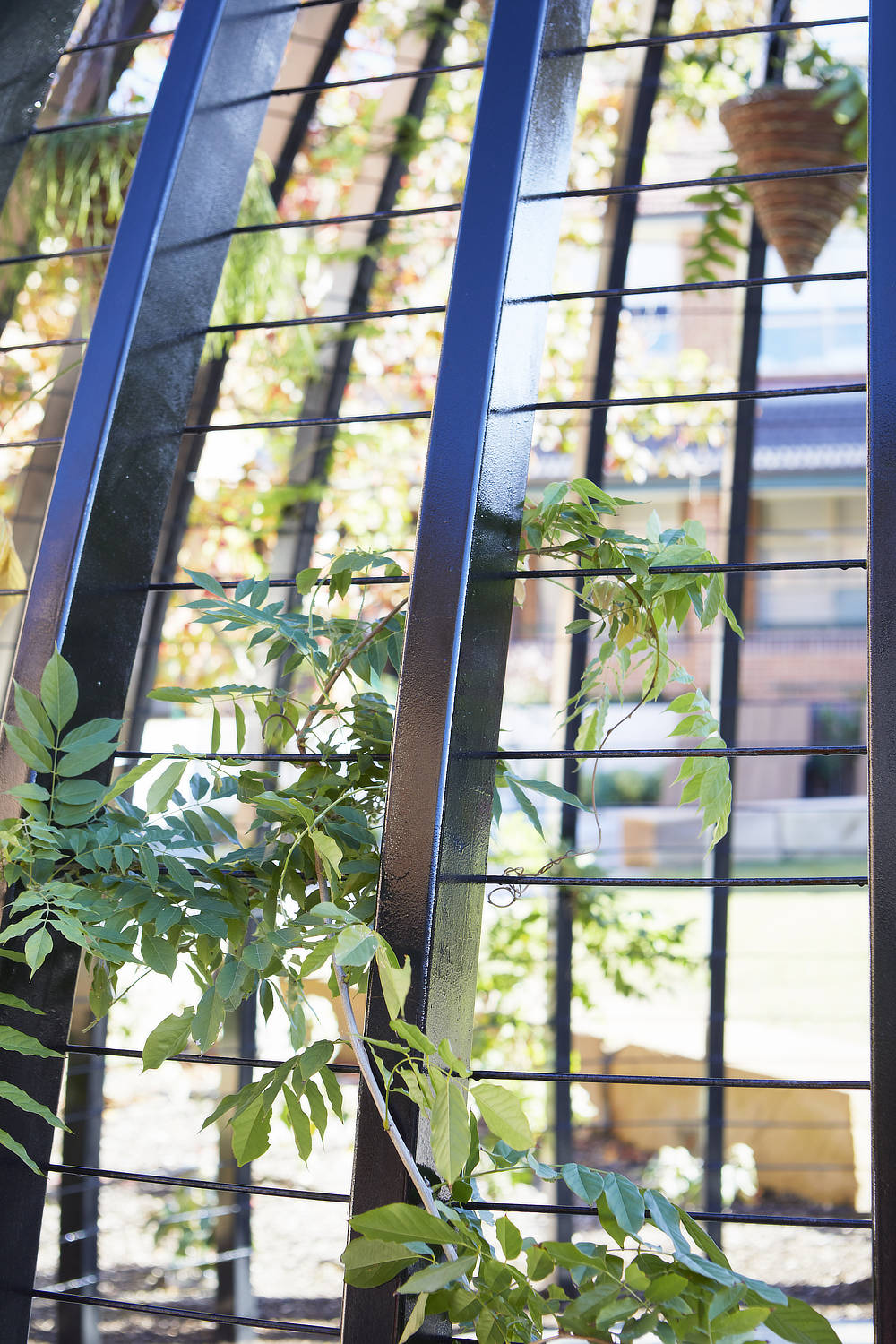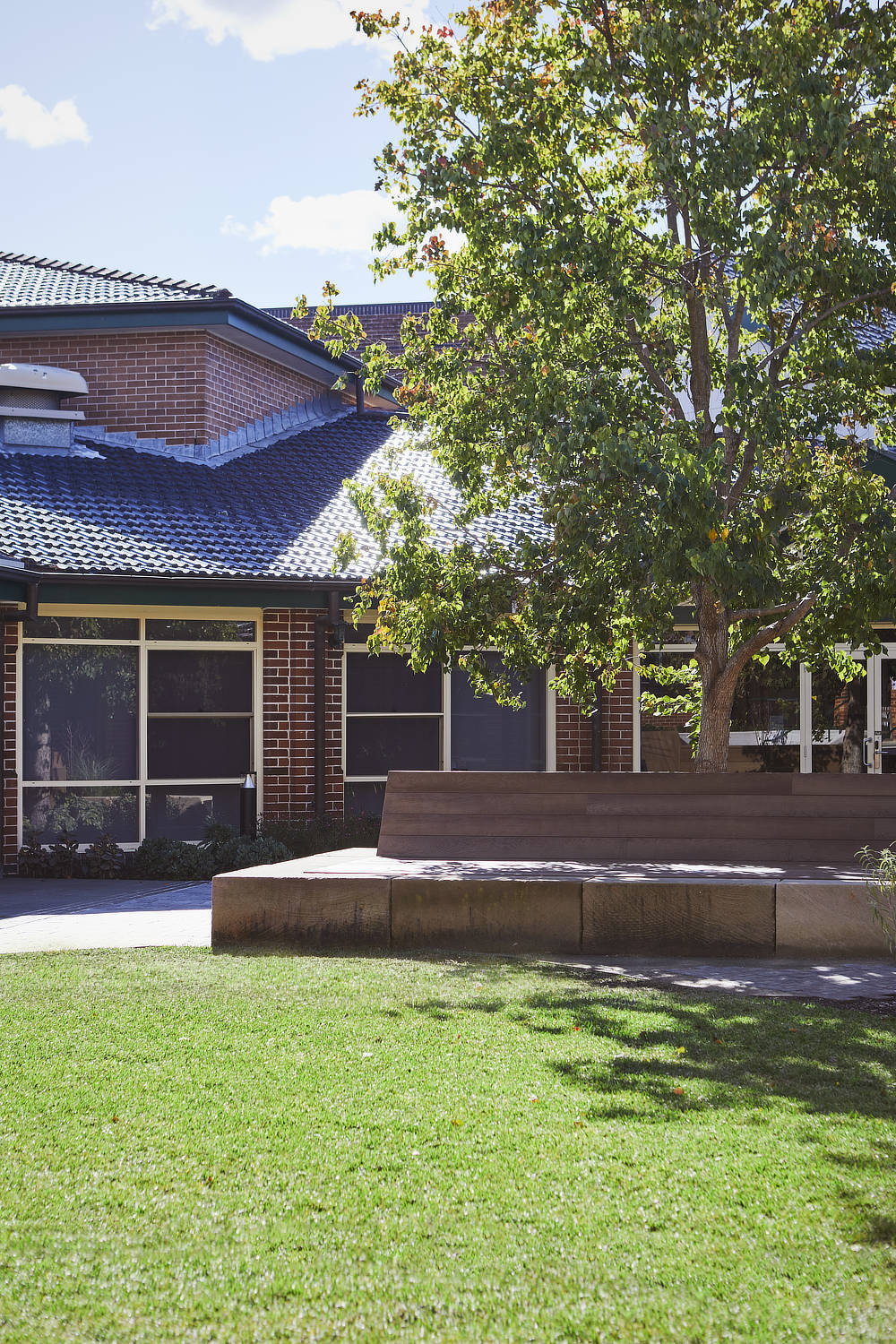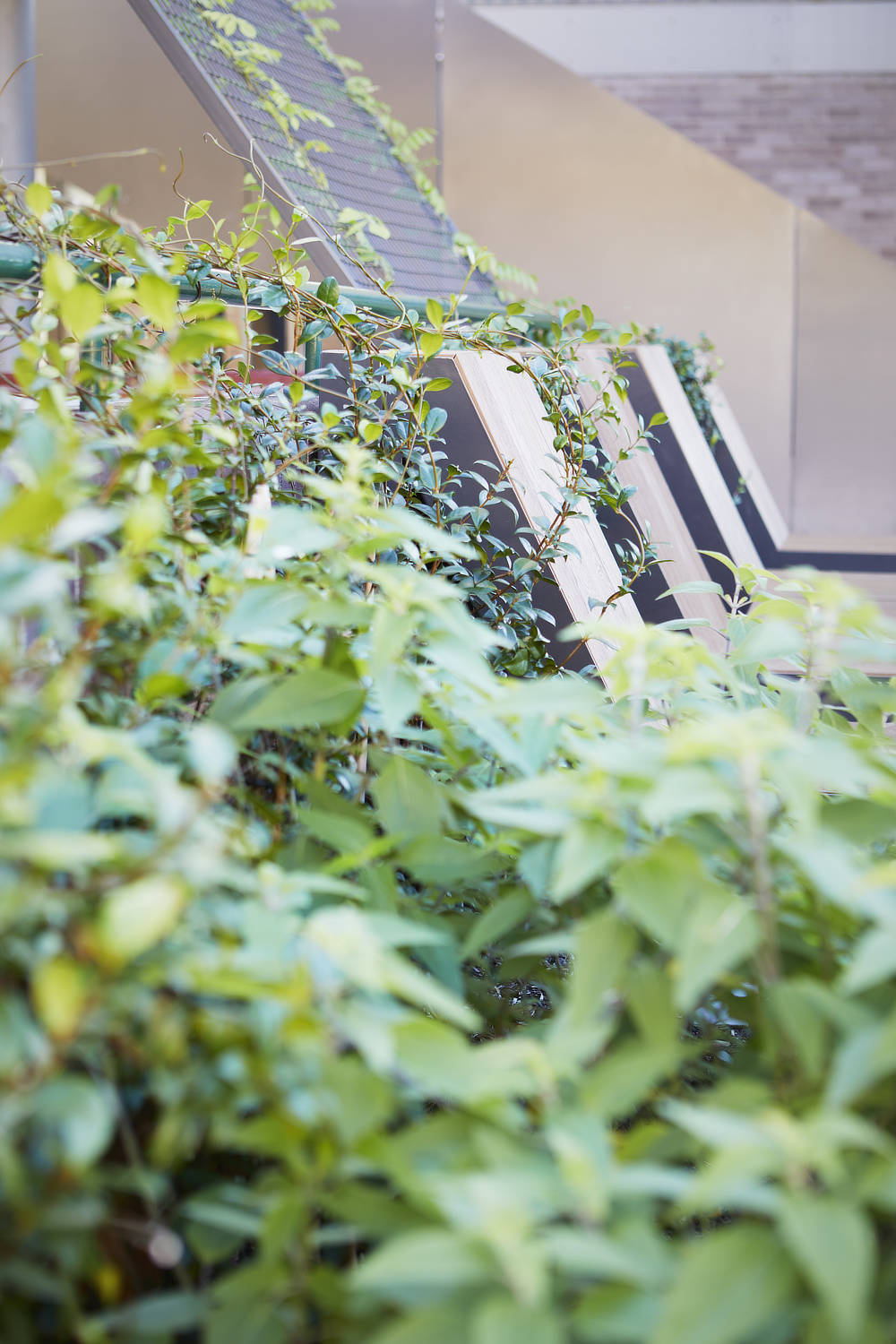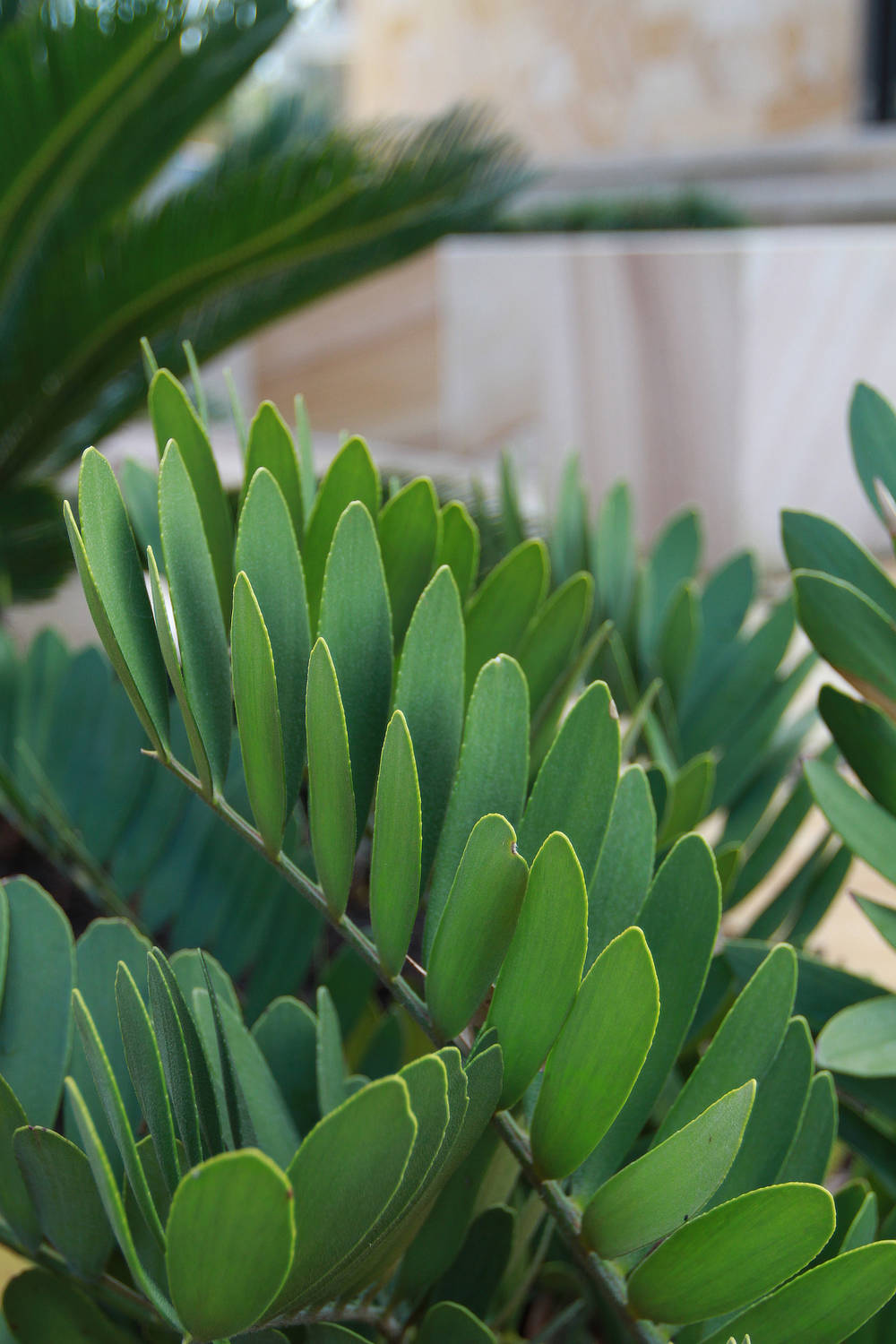As spring rolls on, the weather warms up and we spend more time out in the garden you might be thinking about how to grow your own produce. I love growing my own food, its incredibly rewarding and unlike a lawn or a hedge that will need constant maintenance, growing your own is about nurturing and caring for a plant until its ready to be harvested when you can celebrate with a delicious and satisfying meal.
It’s important to understand that it’s unlikely you will become completely self-sufficient when growing your own produce, but I can guarantee it will be enjoyable and you will have something delicious to eat at the end of the season. The one thing you will need is some sun – at least 6 hours of direct sunlight a day. Any less and your plants won’t perform well, you’ll become despondent and give up on it all. If you have shade, try growing something else that will look amazing, so you don’t feel like you are missing out.
The trick is to start small; herbs are an excellent way to get started and growing them in pots or growbags means you can move them around to hot sections of the garden to maximise growth. As a rule of thumb herbs like free draining soil so sandy soil or potting mix is perfect, just enrich the soil with a little compost for a boost of nutrients.
Moving on past herbs try growing whatever it is you eat, that really helps when it comes to caring for your plants – you’re familiar with the look and smell of the plant and you’re interested and invested in the success of it all. I started out with lettuce as I noticed when I brought it from the supermarket I was always left with a few scungy leaves in a plastic bag at the end of the week. I felt it was wasteful both the excess food and the plastic bag it came in. Growing my own allows me to pick only what I need, and it is always fresh.
Like herbs vegetables like free draining soil, the easiest way to achieve this is to have a raised garden bed. A built-up bed allows you to bring in the best quality soil whilst making it easier on your back all whilst keeping good drainage for your plants. If for whatever reason you can’t have a raised bed mound up your soil so the water can get away.
Vegetables take a lot of nutrients from the soil so you need to incorporate plenty of compost and organic matter such as rotted animal manure as this will hold onto nutrients and release them to the plants as they grow. I also think it’s a good idea to throw in a couple of handfuls of blood and bone for an extra boost as well. Dig this all through the soil to dilute it and spread it evenly.
Understanding how big your plants will get is important when planting out your first vegetable patch as If you are anything like me, you’ll try to pack everything in, and it will quickly become crowded and overrun. Give your plants space to grow and they will outperform congested plants with a higher yield as well as be healthier as there is less chance of fungal problems.
Finish off your new plantings with some pea straw mulch as this will keep moisture in, weeds down and breakdown into the soil. It is important to have something that breaks down quickly in a veggie patch as you will no doubt mix some of it through the soil when rotating crops. The best advice I can give any new gardener who is having a go at growing their own is to do little and often. Check on your new plants daily and inspect them for any pests or diseases so you can remedy problems before they take hold. Daily inspections will also inform you of how plants grow and what to expect when you try something again in the many years to come.




